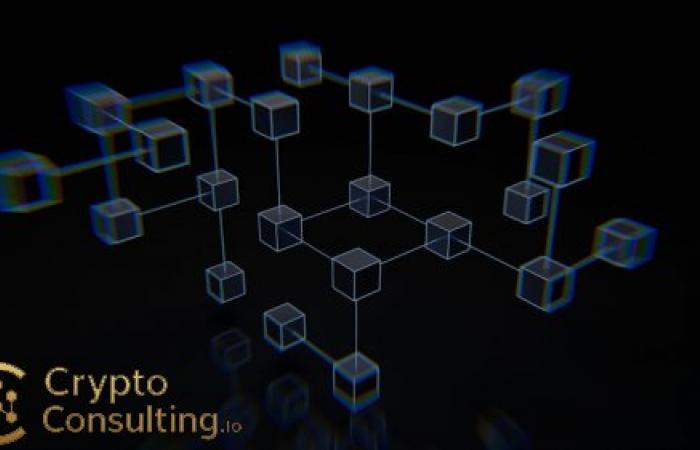
In a remarkable display of blockchain scalability, the Solana network has achieved a new milestone by processing over 65 million transactions in a single day, setting a new standard for high-performance blockchain platforms. This achievement underscores Solana's position as one of the most technically advanced and scalable blockchain networks in the cryptocurrency ecosystem.
The record-breaking performance was recorded during a period of intense network activity involving decentralized application (dApp) interactions, NFT minting events, and DeFi protocol usage. Despite the massive transaction volume, the network maintained sub-second finality times and kept transaction fees at fractions of a cent, demonstrating the effectiveness of its unique Proof of History consensus mechanism.
Solana's architecture, which combines Proof of Stake with Proof of History, enables parallel transaction processing and eliminates many of the bottlenecks that plague other blockchain networks. This technological approach allows the network to theoretically handle up to 65,000 transactions per second, though real-world usage typically operates well below theoretical maximums.
The achievement comes at a crucial time for blockchain scalability debates. As Ethereum continues to develop its layer-2 scaling solutions and other networks explore various approaches to increasing throughput, Solana's consistent ability to handle high transaction volumes natively on its layer-1 provides a compelling alternative for developers seeking high-performance infrastructure.
Developers building on Solana have cited the network's speed and low costs as primary factors in their platform choice. Popular applications including Phantom wallet, Magic Eden NFT marketplace, and various DeFi protocols like Jupiter Exchange contribute to the network's growing transaction volume. The ecosystem has seen significant growth in 2025, with total value locked approaching $5 billion.
However, critics point out that Solana has experienced network outages in the past, raising questions about the trade-offs between speed and reliability. The development team has made significant progress addressing these concerns through infrastructure improvements and validator enhancements, resulting in substantially improved network stability throughout 2025.
Looking forward, Solana's continued development of the Firedancer validator client, being built by Jump Crypto, promises to further enhance network performance and reliability. This new client implementation is expected to enable even higher transaction throughput while improving network resilience and decentralization.

